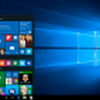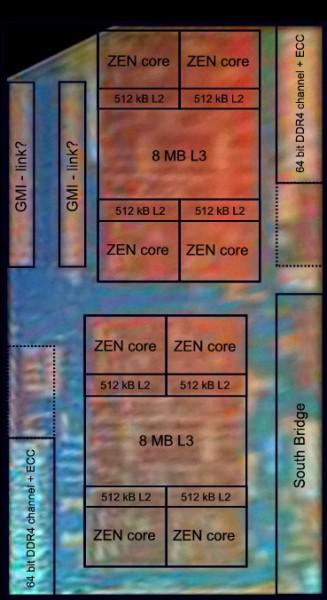News hits the web on multiple websites today that it seems likely that both AMD ZEN and Intel's Kaby lake processors are to only support Windows 10 and Unix compatible operating systems. That would be bad news for the guys still on Windows 7 looking forward to an upgrade.
The news hits the web today through PC Gamer. Microsoft already announced this news earlier this year, but we didn't know about ZEN on this one. It makes sense though but yes, Microsoft is planning to only support the new processors on Windows 10 (so this is not an AMD or Intel thing). Basically Microsoft will not support the new processors on older operating systems. While I do believe the standard instruction sets should be supported, the niche multi-media functions etc thus should not be. So it remains to be seen how compatible these processors are going to be.
"Windows 10 will be the only supported Windows platform on Intel's upcoming 'Kaby Lake' silicon, Qualcomm's upcoming '8996' silicon, and AMD's upcoming 'Bristol Ridge' silicon," Microsoft stated in a blog post earlier this year.
"As new silicon generations are introduced, they will require the latest Windows platform at that time for support,” a Microsoft spokeswoman stated. "This enables us to focus on deep integration between Windows and the silicon, while maintaining maximum reliability and compatibility with previous generations of platform and silicon."
So, what happens if you install a Kaby Lake processor in a desktop PC running Windows 7? Good question—nobody knows outside of Microsoft and Intel, and until the CPUs are out in the wild, no one will have the opportunity to try it out. One unnamed source told PCWorld that without support and security updates, his guess is that the experience would be "a bit glitchy." Another surmised that certain apps trying to use features built into the chips could crash. Even if you can get the OS installed, it would likely be a sub-optimal experience at best.
There's not a whole lot Intel and AMD are saying about this. Both chipmakers provided canned responses when asked for thoughts on the subject, with Intel confirming it has no plans on updating Windows 7 and Windows 8/8.1 drivers for Kaby Lake "per Microsoft's support policy change."
Obviously everything not Microsoft will support the processors like *nix distributions such as ChromeOS, SteamOS, and OS X.
Intel Kaby Lake and AMD Zen processors to only support Windows 10 and Unix


